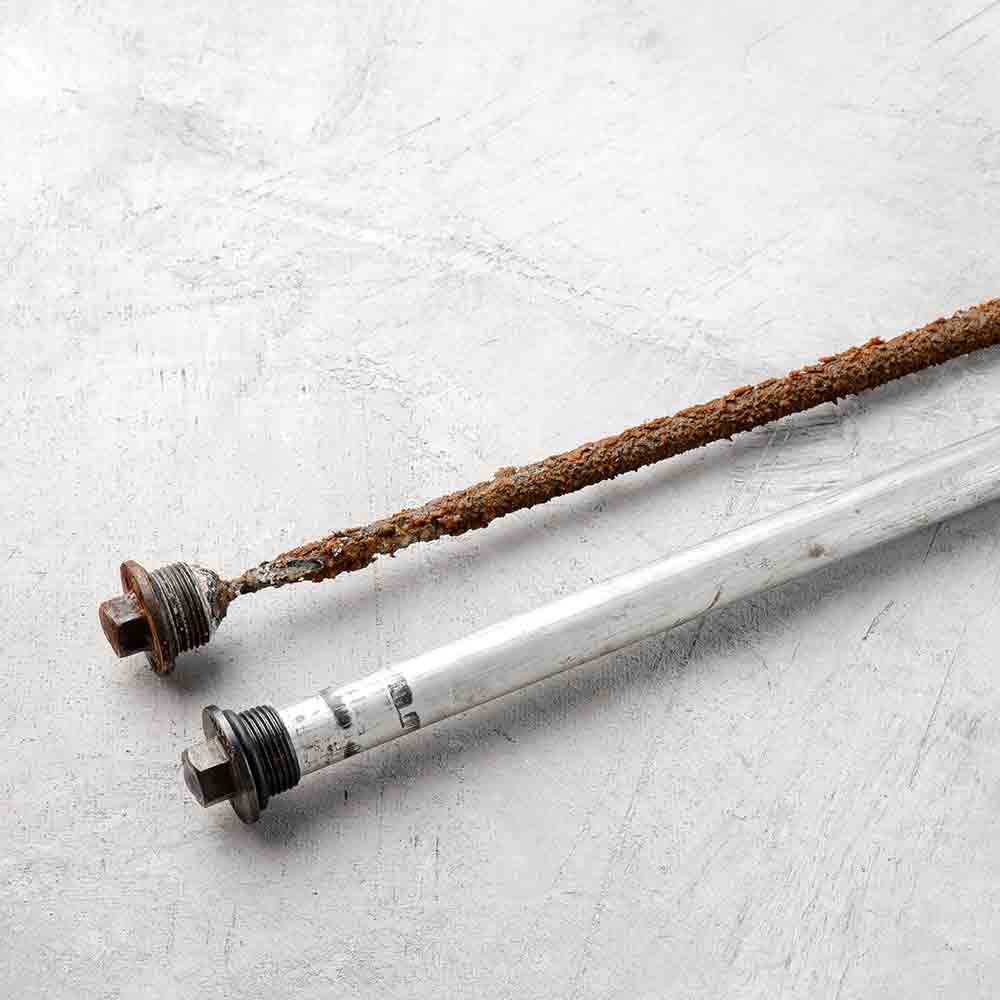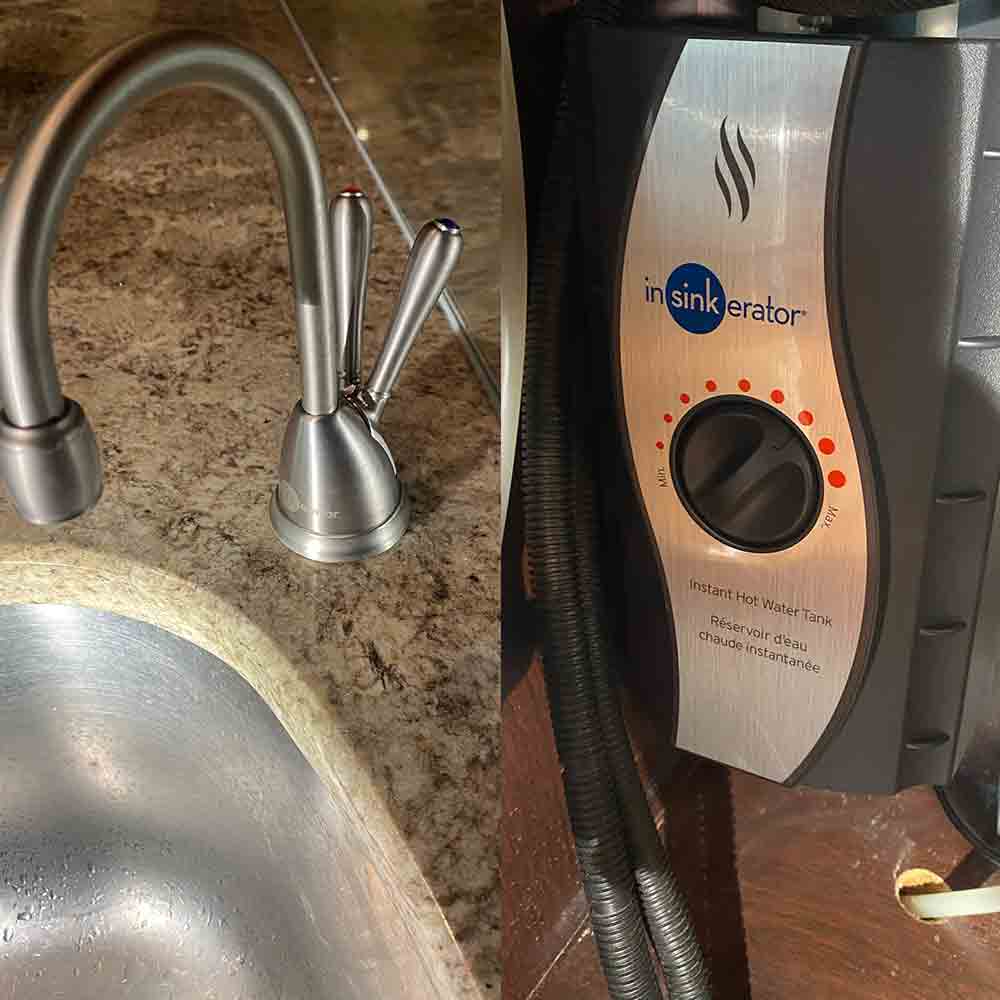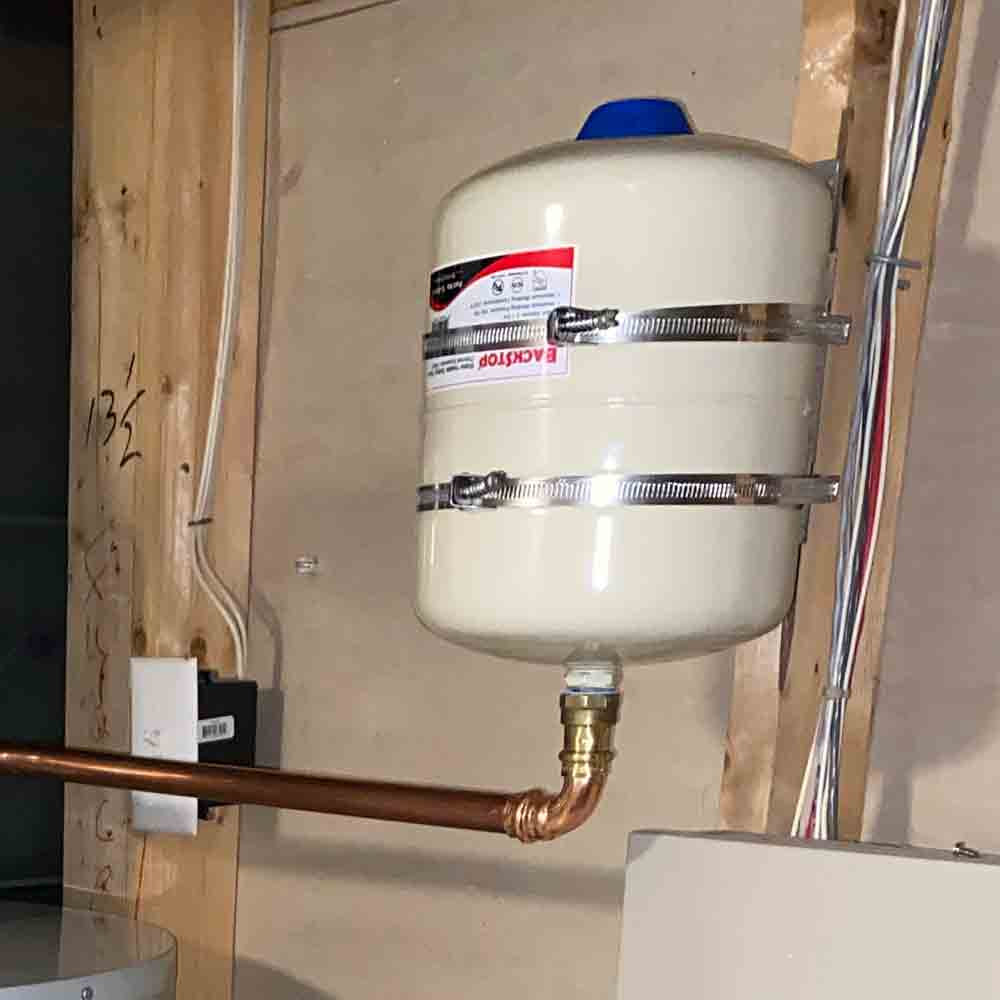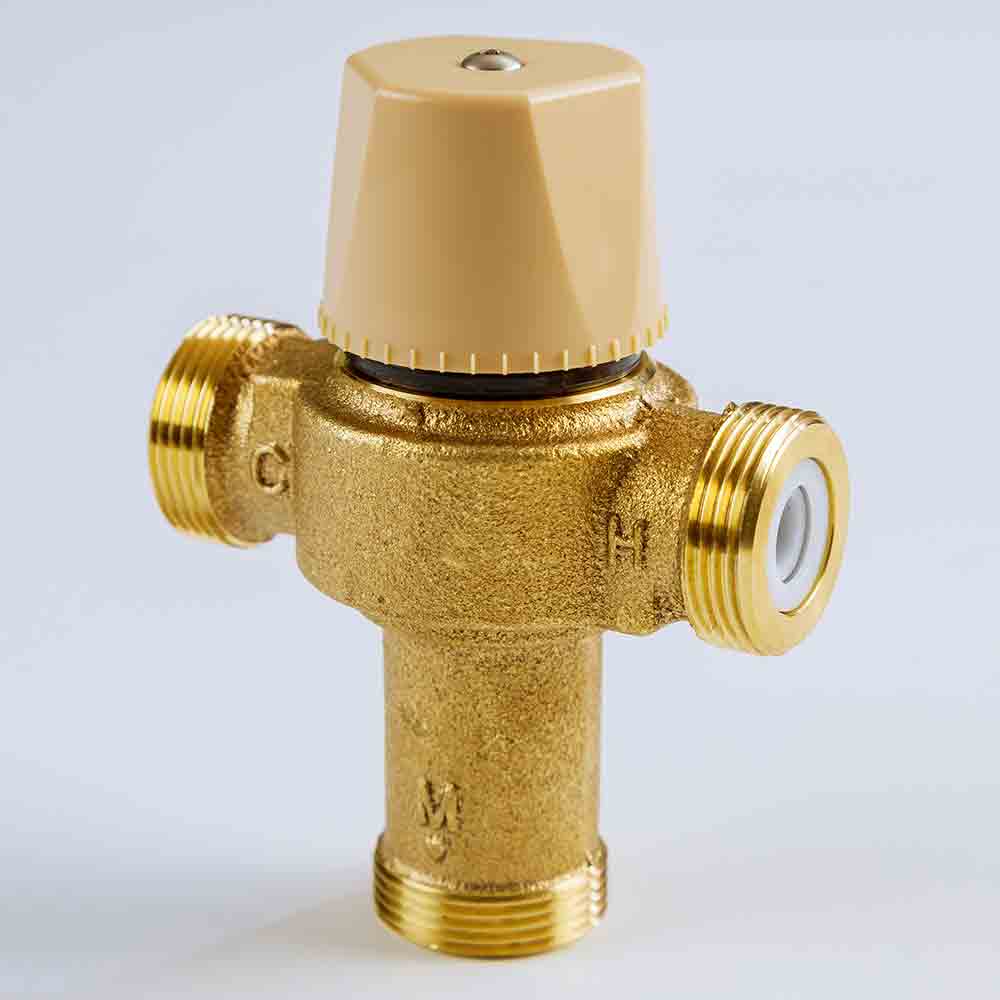Water Heater Repair and Replacement
In every home, a water heater is a vital appliance that ensures hot water is readily available for everyday tasks like bathing, washing dishes, and doing laundry. However, like any other system, water heaters require regular maintenance and occasional professional attention to keep them functioning at their best. In this article, we will explore the signs that indicate your water heater needs professional attention, the importance of regular maintenance, and the different types of water heaters available on the market.

Signs Your Water Heater Needs Professional Attention
While water heaters are designed to be durable and long-lasting, they can experience issues over time. Here are some signs that indicate your water heater requires a professional’s expertise:
- Inconsistent water temperature: If you notice that your water is not consistently hot or that it takes longer for it to heat up, it could be a sign of a malfunctioning heating element or thermostat.
- Strange noises: Rumbling or popping sounds coming from your water heater tank may suggest sediment buildup, which can hinder the heating process and cause damage to the tank if left unchecked.
- Leakage: Any visible water around the base of your water heater should not be ignored, as it could indicate a leak in the tank or plumbing connections. Leaking water heaters can cause extensive damage if not addressed promptly.
- Age: If your water heater is over 10 years old, it may be nearing the end of its lifespan. Older units are more prone to malfunctions and inefficiencies, making replacement a wise option.
If you notice any of these signs, it’s best to contact a professional water heater service for a thorough inspection and necessary repairs.
Another important sign that your water heater may need professional attention is discolored or rusty water. If you notice that the hot water coming out of your faucets has a reddish or brownish tint, it could be a sign of corrosion inside the tank. This not only affects the water quality but also indicates potential damage to the water heater that needs to be addressed promptly.
Additionally, a sudden increase in your energy bills without a corresponding change in usage patterns could be linked to an inefficient water heater. As water heaters age or develop issues, they often require more energy to operate, leading to higher utility costs. A professional inspection can help identify the root cause of the increased energy consumption and recommend appropriate solutions to improve efficiency and reduce costs in the long run.
The Importance of Regular Maintenance for Water Heaters

Maintaining your water heater is essential to prolong its lifespan and ensure it operates efficiently. Regular maintenance can help prevent costly repairs and inconvenient breakdowns. Here are a few reasons why regular maintenance is important:
- Improved performance: Regular maintenance, such as flushing the tank to remove sediment and checking the anode rod, can help optimize the efficiency of your water heater, providing better hot water flow.
- Energy efficiency: A well-maintained water heater consumes less energy, resulting in lower utility bills. Routine maintenance tasks, like insulating hot water pipes, can further improve energy efficiency.
- Prevention of major issues: During maintenance inspections, professionals can identify potential problems and fix them before they turn into costly repairs or complete system failures.
By investing in regular water heater maintenance, you can save money in the long run while enjoying reliable hot water when you need it most.
Furthermore, regular maintenance can also contribute to the safety of your home. Water heaters that are not properly maintained can pose a risk of leaks or even explosions, especially in gas-powered models. By ensuring that your water heater is regularly serviced and inspected, you can minimize the chances of such hazardous incidents occurring, providing peace of mind for you and your family.
In addition to the performance and safety benefits, maintaining your water heater can also help in preserving water quality. Over time, sediment and mineral buildup in the tank can not only reduce the efficiency of the heater but also lead to issues with water quality. By regularly flushing the tank and conducting maintenance checks, you can ensure that your hot water remains clean and free from any contaminants, providing a healthier environment for daily use.
Understanding the Role of Anode Rods in Water Heater Longevity

Anode rods are a vital component of water heaters. These sacrificial rods are designed to prevent corrosion within the tank. Over time, anode rods deteriorate as they attract corrosive elements from the water. Understanding their role is crucial in ensuring the longevity of your water heater.
During regular maintenance, the anode rod should be checked for deterioration and replaced if necessary. Neglecting the anode rod can lead to accelerated tank corrosion, resulting in leaks or the need for premature water heater replacement.
It’s important to note that the type of water in your area can also affect the lifespan of anode rods. Hard water, which contains high levels of minerals like calcium and magnesium, can cause anode rods to deteriorate more quickly. In such cases, more frequent inspections and replacements may be necessary to maintain the efficiency of your water heater.
Additionally, the temperature at which you set your water heater can impact the performance of anode rods. Higher temperatures can accelerate the chemical reactions that lead to corrosion, potentially shortening the lifespan of the rods. By adjusting the temperature to a moderate level, you can help prolong the effectiveness of the anode rod and extend the overall lifespan of your water heater.
$149 OFF
Water Heater Installation
Expires 12/31/25 – Cannot be combined with any other offers.
Schedule Your Service Today
Ready to tackle your plumbing issues head-on? Schedule a service call with our expert team today for efficient and reliable solutions. From leaky faucets to complex installations, we’ve got you covered. Don’t let plumbing problems disrupt your day – book now and experience prompt, professional service from Plumbing Mastered, LLC.
Gas Water Heaters

Gas water heaters are a popular choice for many households due to their efficient heating capabilities. These systems use natural or propane gas to heat water, providing consistent hot water flow. Gas water heaters generally have lower operating costs compared to electric models, making them a cost-effective choice.
When it comes to maintenance, gas water heaters require periodic inspections to ensure their venting system is clear and safe. As gas appliances involve combustion, it’s important to have them serviced by a qualified professional to minimize any potential safety hazards.
One of the key advantages of gas water heaters is their quick recovery time. Unlike electric water heaters that may take longer to reheat the water once the tank is depleted, gas water heaters can heat water faster, ensuring a steady supply of hot water for your household needs. This feature makes them ideal for homes with high hot water demand or large families.
Additionally, gas water heaters are known for their reliability and durability. With proper maintenance and care, a well-maintained gas water heater can last for many years, providing consistent hot water for your daily activities. The sturdy construction of gas water heaters also makes them less prone to leaks or malfunctions, offering peace of mind to homeowners.
Electric Water Heaters

Electric water heaters are another common type found in homes. Instead of using gas, these systems rely on electric heating elements to warm the water. Electric water heaters offer excellent energy efficiency and are often simpler to install and maintain compared to gas models.
One key advantage of electric water heaters is their versatility in installation. They can be placed in various locations within a home, including basements, utility rooms, or even closets. This flexibility makes them a popular choice for homeowners with limited space or specific layout requirements.
Regular maintenance for electric water heaters typically involves checking and replacing heating elements if necessary. Additionally, professionals will inspect the electrical connections and thermostat settings to ensure optimal performance and safety.
Another important aspect of electric water heater maintenance is monitoring the water temperature. Fluctuations in water temperature could indicate a malfunctioning thermostat or heating element, which can lead to inefficient operation and increased energy costs. By regularly monitoring and adjusting the temperature settings, homeowners can ensure their electric water heater is operating at peak efficiency.
Tankless Water Heaters

Tankless water heaters are gaining popularity among homeowners due to their numerous benefits. These units heat water on demand, eliminating the need for a storage tank. Tankless water heaters are compact, space-saving, and provide a continuous flow of hot water.
Maintenance for tankless water heaters typically involves descaling the heat exchanger to remove any mineral buildup and checking the system’s overall operation. While tankless water heaters require less maintenance compared to traditional tank-style units, it is still important to have them inspected annually to ensure optimal performance and longevity.
Point Of Use Water Heaters (Insta-Hot)

Point of Use (POU) water heaters, commonly referred to as insta-hot systems, are smaller units installed at specific locations where hot water is frequently needed, such as under sinks or near showers. These compact water heaters provide instant hot water without the need for long waits or wasting excess water.
POU water heaters require minimal maintenance, typically involving periodic flushing to remove any sediment or mineral buildup. Consulting with a professional can ensure your insta-hot system is functioning at its best.
Thermal Expansion Tanks

Thermal expansion tanks are critical components in water heating systems, designed to alleviate pressure buildup caused by thermal expansion. As water heats, it expands, creating increased pressure within the system. Without a thermal expansion tank, this pressure can lead to damage to pipes, fixtures, and even the water heater itself. The expansion tank acts as a buffer, absorbing excess pressure and preventing potential damage.
These tanks consist of a sealed chamber divided into two sections by a flexible diaphragm. One section contains compressed air, while the other holds water. As water expands due to heating, it pushes against the diaphragm, compressing the air and reducing pressure in the system. When hot water is used and the temperature decreases, the compressed air pushes the water back into the plumbing system, maintaining a stable pressure.
Properly sizing and installing a thermal expansion tank is crucial for maintaining the integrity and efficiency of the water heating system, ensuring reliable performance and minimizing the risk of damage from thermal expansion.
Mixing Valves (Anti-Scalding Device)

Mixing valves, also known as anti-scald valves, are crucial safety components in water heating systems, preventing scalding accidents by blending hot and cold water to a safe temperature. They ensure consistent water temperatures, particularly vital in households with vulnerable individuals. Adherence to building codes often mandates their installation.
Additionally, they prolong water heater lifespan by reducing strain on components and enhancing energy efficiency by allowing lower temperature settings without sacrificing comfort. Professional installation and regular maintenance are vital to ensure their effectiveness. Overall, mixing valves provide essential safety, comfort, and efficiency benefits for homeowners, making them indispensable components of any water heating system.
In conclusion, maintaining your water heater through regular maintenance and seeking professional attention when needed are essential aspects of responsible homeownership. By understanding the signs indicating your water heater requires attention, the importance of regular maintenance, and the different types of water heaters available, you can make informed decisions to keep your hot water flowing reliably and efficiently.

